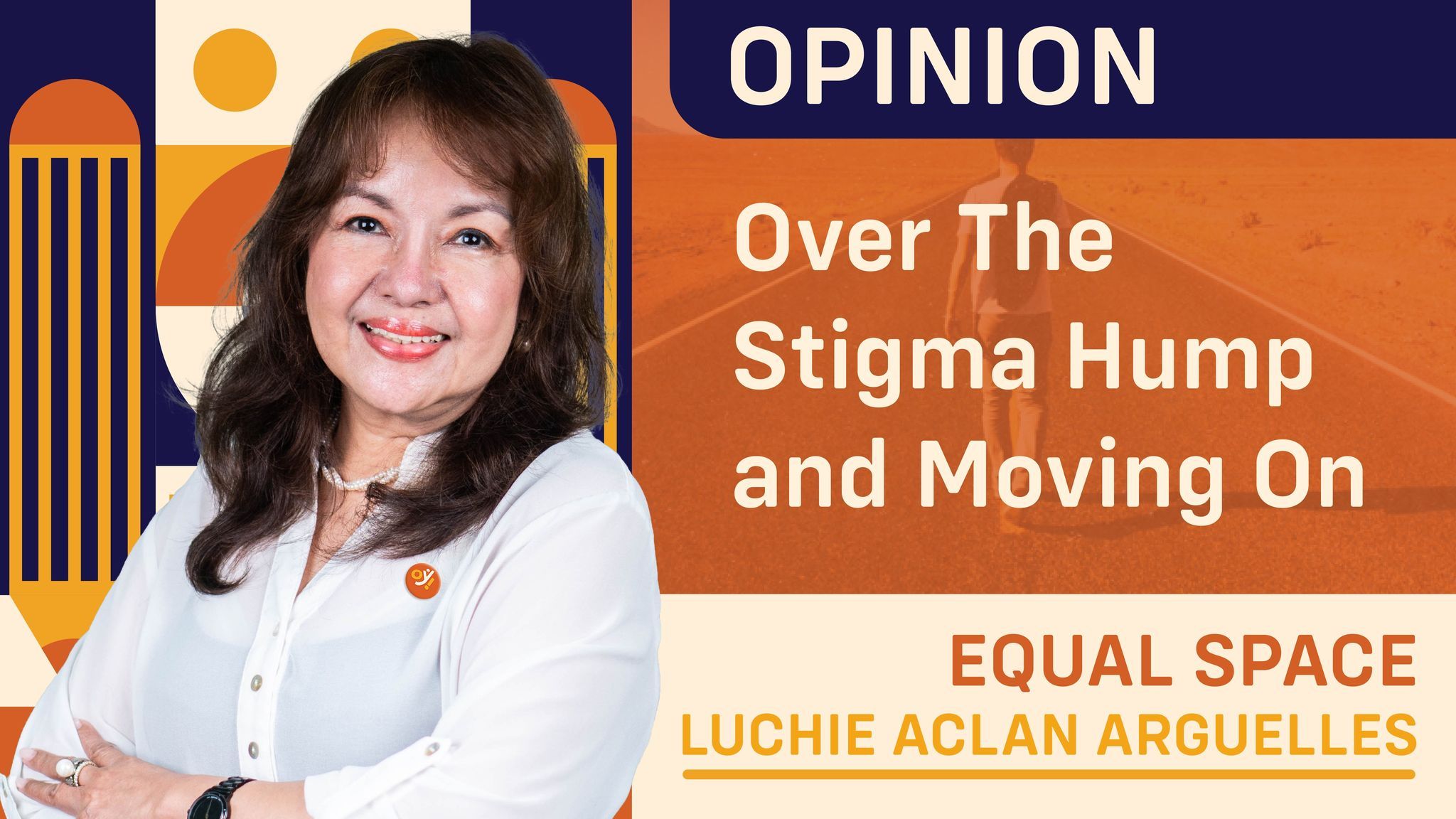What is more unsettling than to learn of an untimely news that a newfound friend received while abroad for a renewable commissioned teaching contract. "Henderson" just arrived in Canada last September, prepared for his family to join him in June next year.
Whether to forgo this opportunity or go home to attend to a sudden unfortunate family emergency in the Philippines was still to be decided as of this writing.
His 18-year old son, Sonny, oldest of three kids, took his own life. A suicide note hinted about "love interest". Everything remained vague to his wife, Thelma, as Sonny was a very loving son and brother, a devout Catholic, a diligent student, and no indication of a "love interest".
For Filipinos, family comes first. But we hope Henderson weighs everything with prudence if he wishes to stay in Canada.
Teen Suicide
In this time and age, parents of GenZers could not claim to understand why the attitude and how their mindset go. Gen Zs are those born from 1997 to 2012, succeeding millennials' generation.
Does the current economic state and political environment have some effect on them? Can it be likely that progressive technology, the food we ingest, current events, etc. shape them? GenZers have so much expectations, I should say, that make them easily disappointed.
Discontent (and disenchantment) is the No. 1 reason for teen suicide.
According to World Health Statistics Data Visualizations Dashboard, the second leading cause of death among those aged 15 to 24 years old worldwide is suicide. No. 1 is accident or unintentional injury.
Statistics from across the globe shows that nearly 800,000 people die by suicide annually. This is roughly one death every 40 seconds.
In the latest Philippine records dated 2019, around 2.2 deaths relating to suicide were recorded per 100,000. During the global pandemic in 2020, deaths caused by intentional self-harm had nearly doubled. The 2019 figure of suicide cases is constant in 2022-23.
Feeling of Guilt
Coping with the death of a loved one from other causes is difficult, even if from a terminal illness. Grieving for death by suicide is another level of pain that includes shock and many other conflicting emotions. The heavier part of which is GUILT.
Guilt — and just the thought of "feeling responsible" — is a struggle as it will take a long time for those left behind to come to terms with the very nature of this cause of death.
Compounding this, so much "what ifs" and "could haves" hover. Red flags or signs may have been missed. Then, anger sets in that those left behind may experience suicidal thoughts of their own.
Can we really second guess or would we have done anything differently?
Stigma and Moving On
Denial lingers for a long time.
In the middle of this time of devastation, family members find themselves embarrassed, harassed and pressured having to deal with all sorts— from police queries, media suppositions, private intrusion by witch hunters, and the stigma it carries.
On top of it all, those left behind most likely get less sympathy.
While suicide conflicts with culture and religious beliefs, even some friends and family usually feel too uncomfortable to reach out to those in grief. Still some are less sympathetic for a “self-inflicted” death that make those left behind isolated in coping with their grief.
Professional Help
There is a period of healing before they come to terms with the loss.
It is easier said than done but the generic advice a mourning family gets is to gain a certain level of acceptance in order to move forward.
Best to seek professional help to heal and get over the hump.
(email opinyon.luchie@gmail.com.)
#EqualSpace #LuchieAclanArguelles #OverTheStigmaHumpAndMovingOn #Suicide #TeenSuicide #SeekProfessionalHelp #OpinYonColumn #OpinYon #WeTakeAStand
